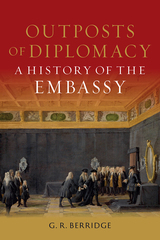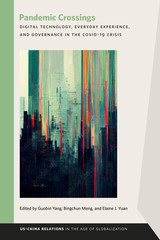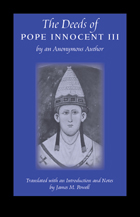
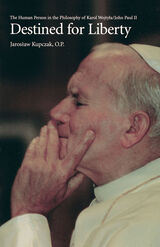
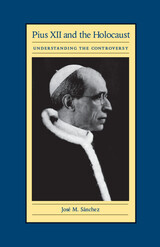

Poetry has often been considered an irrational genre, more expressive than logical, more meditative than given to coherent argument. And yet, in each of the four very different poets she considers here, Helen Vendler reveals a style of thinking in operation; although they may prefer different means, she argues, all poets of any value are thinkers.
The four poets taken up in this volume—Alexander Pope, Walt Whitman, Emily Dickinson, and William Butler Yeats—come from three centuries and three nations, and their styles of thinking are characteristically idiosyncratic. Vendler shows us Pope performing as a satiric miniaturizer, remaking in verse the form of the essay, Whitman writing as a poet of repetitive insistence for whom thinking must be followed by rethinking, Dickinson experimenting with plot to characterize life’s unfolding, and Yeats thinking in images, using montage in lieu of argument.
With customary lucidity and spirit, Vendler traces through these poets’ lines to find evidence of thought in lyric, the silent stylistic measures representing changes of mind, the condensed power of poetic thinking. Her work argues against the reduction of poetry to its (frequently well-worn) themes and demonstrates, instead, that there is always in admirable poetry a strenuous process of thinking, evident in an evolving style—however ancient the theme—that is powerful and original.

The Vatican’s dealings with the Weimar Republic and the Third Reich have long been swathed in myth and speculation. After almost seventy years, the crucial records for the years leading up to 1939 were finally opened to the public, revealing the bitter conflicts that raged behind the walls of the Holy See. Anti-Semites and philo-Semites, adroit diplomats and dogmatic fundamentalists, influential bishops and powerful cardinals argued passionately over the best way to contend with the intellectual and political currents of the modern age: liberalism, communism, fascism, and National Socialism. Hubert Wolf explains why a philo-Semitic association was dissolved even as anti-Semitism was condemned, how the Vatican concluded a concordat with the Third Reich in 1933, why Hitler’s Mein Kampf was never proscribed by the Church, and what factors surrounded the Pope’s silence on the persecution of the Jews.
In rich detail, Wolf presents astonishing findings from the recently opened Vatican archives—discoveries that clarify the relations between National Socialism and the Vatican. He illuminates the thinking of the popes, cardinals, and bishops who saw themselves in a historic struggle against evil. Never have the inner workings of the Vatican—its most important decisions and actions—been portrayed so fully and vividly.

This study of Renaissance adventures and struggles against fate brings to life a brilliant age and its exemplars. It is a story of how several men, including Julius II, worked, intrigued, and made business deals against the backdrop of an Italy invaded by continental countries and England. The future of the once great Republic of Venice was at stake as it was besieged and in desperate need of allies. The Papacy switched sides, breaking the seemingly invincible and mostly foreign League of Cambrai, and saw that Venice was offered a loan by Agostino Chigi, the richest man of his time. The Pope's banker, as daring as Julius II, negotiated with the formidable communal rulers of Venice and Italy was kept from further dismemberment.
As a dramatic account that brings together diplomacy, war, business, and politics, viewed through one long entrepreneurial venture, this book is unique. It juxtaposes differing institutional structures and the various political ways among Italy's city states; it also brings into sharp focus the new men of the Renaissance. Their dealings and lifestyles were original and bold. They were successful against great odds and flaunted their new wealth and position in society in building great palaces and estates and becoming patrons of art. Felix Gilbert is a master teacher of history, and his new work is as luminous as the men and events he tells about.
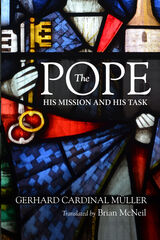
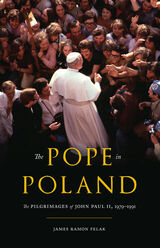
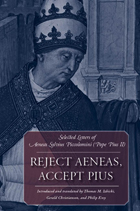
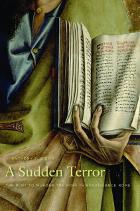
In 1468, on the final night of Carnival in Rome, Pope Paul II sat enthroned above the boisterous crowd, when a scuffle caught his eye. His guards had intercepted a mysterious stranger trying urgently to convey a warning—conspirators were lying in wait to slay the pontiff. Twenty humanist intellectuals were quickly arrested, tortured on the rack, and imprisoned in separate cells in the damp dungeon of Castel Sant’Angelo.
Anthony D’Elia offers a compelling, surprising story that reveals a Renaissance world that witnessed the rebirth of interest in the classics, a thriving homoerotic culture, the clash of Christian and pagan values, the contest between republicanism and a papal monarchy, and tensions separating Christian Europeans and Muslim Turks. Using newly discovered sources, he shows why the pope targeted the humanists, who were seen as dangerously pagan in their Epicurean morals and their Platonic beliefs about the soul and insurrectionist in their support of a more democratic Church. Their fascination with Sultan Mehmed II connected them to the Ottoman Turks, enemies of Christendom, and the love of the classical world tied them to recent rebellious attempts to replace papal rule with a republic harking back to the glorious days of Roman antiquity.
From the cosmetic-wearing, parrot-loving pontiff to the Turkish sultan, savage in war but obsessed with Italian culture, D’Elia brings to life a Renaissance world full of pageantry, mayhem, and conspiracy and offers a fresh interpretation of humanism as a dynamic communal movement.
READERS
Browse our collection.
PUBLISHERS
See BiblioVault's publisher services.
STUDENT SERVICES
Files for college accessibility offices.
UChicago Accessibility Resources
home | accessibility | search | about | contact us
BiblioVault ® 2001 - 2024
The University of Chicago Press


